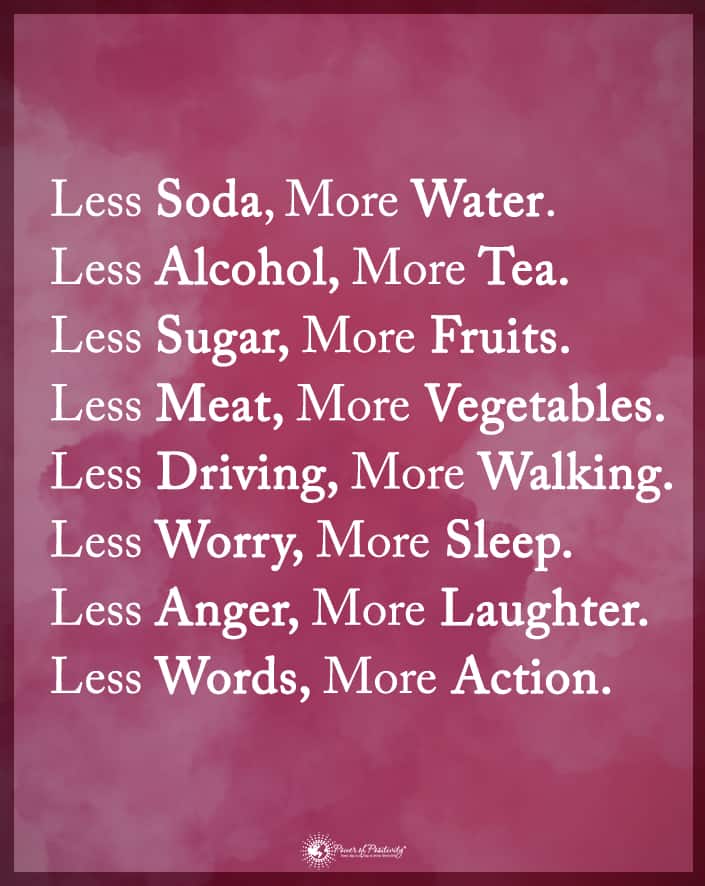Coffee is a popular beverage around the world. Numerous people enjoy drinking the beverage, but limiting caffeine intake is usually essential to them. For these individuals, decaf is usually a great alternative.
Decaf is similar to the regular cup of joe, only that caffeine is extracted. This means that they share some great health benefits. These include improved cardiovascular health, better function of the liver, reduced heartburn symptoms, and more. This article explains the health impacts of decaf on your body.
What is Decaf?
Decaf is an abbreviation for decaffeinated coffee. Decaf typically has 97 percent caffeine extracted from the beans. The extraction process includes carbon dioxide, organic, and water solvents. Coffee beans are cleaned in the solvent until extraction of the caffeine into the solvent. The beans are decaffeinated before roasting and grounding. Decaf’s nutritional value is almost similar to a regular cup of joe, except for the caffeine content.
But the smell and taste might get a bit milder, and the color could change, depending on the method used. This can make decaf more pleasant to those with more sensitivity regarding the strong smell and bitter taste of the regular cup of joe.

Caffeine Content
Decaf is usually not fully free from caffeine. It has different amounts of caffeine, usually about three mg per cup. According to research, 180 ml of decaf has 0-7 mg of caffeine. On the contrary, a regular cup of joe has around 70-140 mg of caffeine, depending on the type, cup size, and preparation method. However, despite decaf having some caffeine, the amount is normally insignificant.
Decaf Has Nutrients and Antioxidants
Decaf, just like any cup of joe, is the largest source of antioxidants. However, it has fifteen percent fewer antioxidants than a regular cup of joe. This variation most likely results from a slight loss of antioxidants during decaffeination. The primary antioxidants in decaf and a regular cup of joe are polyphenols and hydrocinnamic acids. Antioxidants are very efficient at neutralizing reactive compounds referred to as free radicals. This minimizes oxidative damage and could assist in the prevention of diseases such as type 2 diabetes, cancer, and heart disease.
Additionally, decaf has trace amounts of particular nutrients. A cup of brewed decaf includes 2.4 percent of the daily requirement of magnesium, 4.8 percent of potassium, and 2.5 percent of vitamin B3, or niacin. This might not appear like plenty of nutrients, but the quantities increase quickly if you drink two or more cups.
Health Benefits of Decaf
Decaf is associated with several health benefits, generally attributed to the content of antioxidants and other active compounds. But the particular health impacts of decaf can be difficult to determine. This is because numerous studies assess the intake without differentiating between a regular cup of joe and decaf. Additionally, the majority of this research is observational. It cannot be proven that coffee leads to health benefits, only that consuming decaf is linked to them.
1. Premature Death, Liver Function, and Type 2 Diabetes
Drinking both decaf and regular coffee for health has been associated with decreased type 2 diabetes risk. Every daily cup can minimize the risk by up to seven percent. This shows that other elements not caffeine may cause these health impacts. The impacts of a regular cup of joe on liver function are better studied than that of decaf. But one significant observational study associated decaf with minimized liver enzyme levels, which shows a protective impact. Consuming decaf has also been related to a small but significant decrease in the likelihood of premature death and death from heart disease or stroke.
2. Neurodegenerative and Aging Diseases
Consuming both regular and decaf coffee for health positively impacts mental decline related to age. Also, studies on human cells reveal that decaf can safeguard neurons in the brain. This could assist in the prevention of diseases like Parkinson’s and Alzheimer’s.
A particular study revealed that this could be as a result of chlorogenic acid in the beverage as opposed to caffeine. But caffeine itself has also been associated with a minimal risk of neurodegenerative diseases and dementia.
Numerous studies reveal that individuals who consume a regular cup of joe have a decreased risk of Parkinson’s and Alzheimer’s diseases. However, more research on the decaf’s role is needed.
Another benefit of decaf is its effect on psychomotor behavior and brain cognition. Research from Tufts University involved aged rats that were offered a 0.55 percent diet with the beverage. This is similar to ten cups of joe per day.
The researchers found out that the rats that consumed the diet rich in the beverage showed better performance in the working memory task and psychomotor testing compared to the control group of aged rats. These favorable impacts were not due to the benefits of caffeine. It was due to the bioactive polyphenols available in the coffee.
3. Decreased Risk of Rectal Cancer and Heartburn Symptoms
A popular side effect of coffee for health is acid reflux or heartburn. Numerous people face this, and consuming decaf can relieve you from this adverse side effect. According to research, decaf causes less acid reflux than a regular cup of joe.
Additionally, taking two or more cups of decaf daily is associated with as much as a 48 percent decreased risk of getting rectal cancer.

4. Improves Cardiovascular Health
A great benefit of decaf is the positive impact on endothelial function. This function is essential to cardiovascular health since it assists in modulating blood flow, vasoconstriction, and vasodilation, delivering the proper quantity of nutrient and oxygen-rich blood throughout the body.
A dysfunction in the endothelial tissue may result in a heightened risk of heart disease. But scientists recently found that decaf has less favorable effects on endothelial function than a regular cup of joe regarding abilities to scavenge free radicals. This is because decaffeination removes some of the polyphenol content from the beans.
In addition to the many antioxidants, decaf has a decent quantity of particular minerals like iron, sodium, and calcium.
Benefits of Drinking Regular Coffee for Health over Decaf
A regular cup of joe is popular for its stimulating effects. It minimizes feelings of exhaustion and increases alertness. These impacts are linked to caffeine, which is present naturally in coffee.
Some of the advantages of a normal cup of joe are directly linked to caffeine, which means decaf does not offer the same impacts. These positive impacts include increased fat-burning and metabolic rate, enhanced athletic performance, minimized risk of suicidal thoughts, and mild depression in women. Additionally, you will get improved mental function, memory, mood, and reaction time as well as decreased risk of end-stage liver damage or liver cirrhosis.
However, keep in mind that research on regular coffee for health is much more extensive than decaf coffee.
Side Effects of Decaf
The side effects linked to decaf are not extensively studied. Most studies only look at the regular cup of joe. In addition to slight caffeine, some widespread side effects of decaf are the adverse impacts on nutrient interactions and non-heme iron absorption.
Another area to be concerned about, particularly regarding females, is decaf’s ability to bind to non-heme iron. This blunts the ability of the body to absorb iron. A cup of decaf minimizes iron absorption by 39 percent when a hamburger meal is consumed.
However, drinking your decaf an hour before your meal reveals no potential decrease in iron absorption.
Why Decaf over Regular Coffee?
There is plenty of individual differences when it comes to tolerating caffeine. For particular people, one cup of joe can be too much, while others are okay with five or more cups. However, excessive caffeine consumption can overwhelm the central nervous system and cause anxiety, heart arrhythmia, amnesia, restlessness, and digestive issues.
If you are sensitive to caffeine, consider limiting the consumption of your regular cup of joe or switching to decaf. Also, you may need to restrict your caffeine intake if you have specific medical conditions. This is particularly important when taking prescription drugs that may interact with caffeine.
Moreover, breastfeeding and pregnant women should restrict their intake of caffeine. People suffering from anxiety or amnesia, adolescents, and children should follow suit.
Final Thoughts on Drinking Decaf Coffee for Better Health
Coffee is one of the most nutritious beverages in the world. It is rich in antioxidants and is related to the minimized risk of severe conditions. But not all people can take a regular cup of joe since the caffeine can lead to issues in some people.
For these individuals, decaf is an excellent alternative for enjoying a cup of joe, except without the adverse effects of excessive caffeine. Decaf has most of the same health benefits as a regular cup of joe but none of the side effects.


















